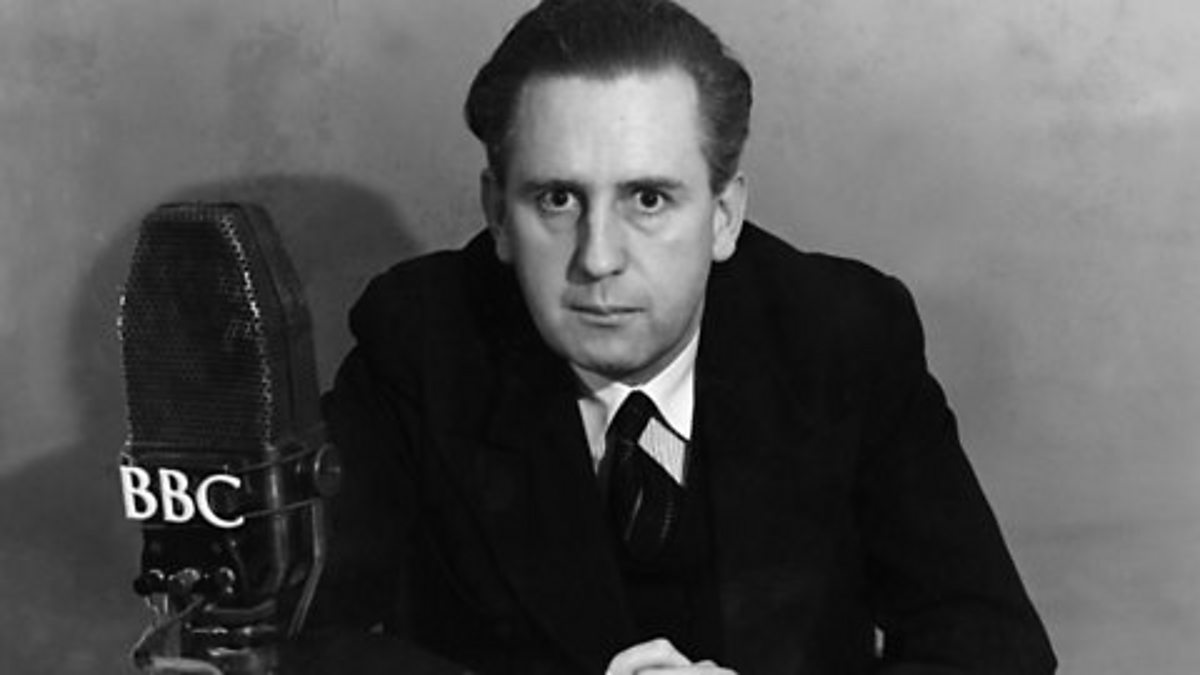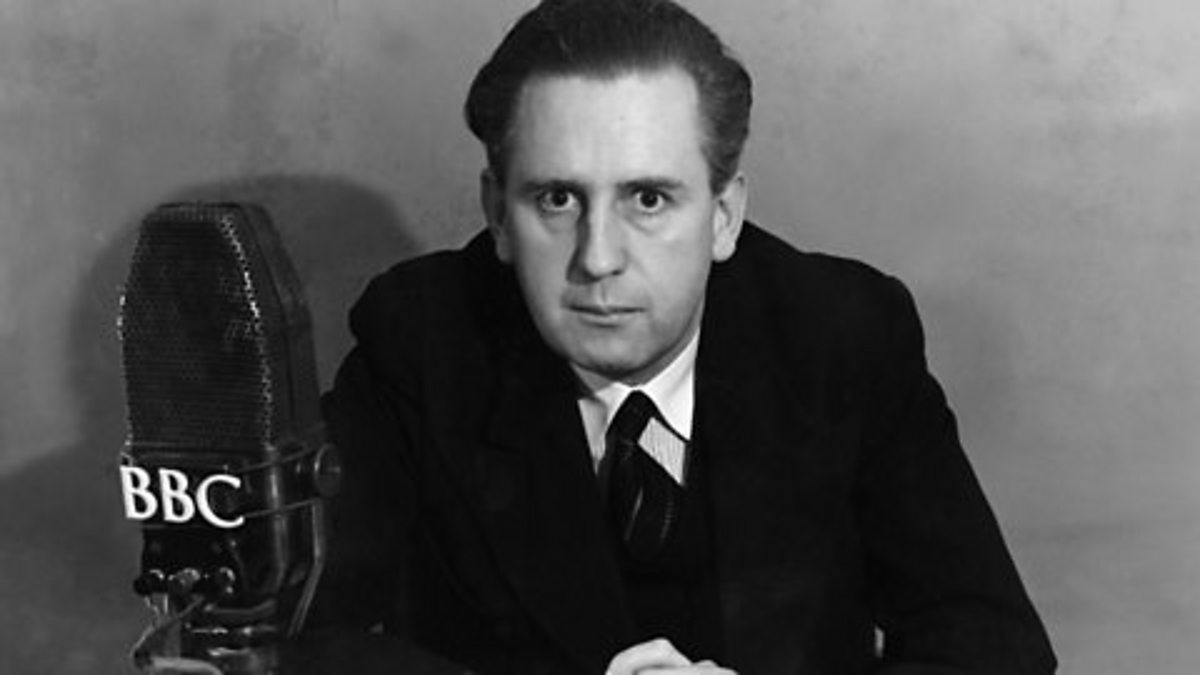The whole Folk Revival movement owes a huge amount to Bert Lloyd, the field recordings - Jack Elliott etc - and R3.
Thought Dean was a tiny bit off target here: I listened to many of these programmes and the Charles Chilton spin-offs with Ewan McColl etc etc and did NOT think they were nothing to do with me, my education, 'class' at all. They told me about where I lived, what was part of MY culture, the implicit culture, as well as what I learnt at school.
BUT I was new to R3, and it was just 'radio' as far as I was concerned. Nobody told me R3 was 'not for the likes of us' at all. We did not make such distinctions at all. I suspect the internet is having much the same effect on many of today's younger generations. It's just different musics, not necessarily better, or 'not for the likes of us'. They just dip in and out to find what intrigues or excites them. Maybe the BBC are the paranoid ones?
Or have I got his wrong?




 A sentiment many of us are finding ourselves sharing, Lats.
A sentiment many of us are finding ourselves sharing, Lats.
 ) to coincide with its publication. I guess several of the 'Third Programme' programmes will remain in the archive: I notice there's no time limit on e.g. The Other Third. And the two Envy of the World programmes are downloadable.
) to coincide with its publication. I guess several of the 'Third Programme' programmes will remain in the archive: I notice there's no time limit on e.g. The Other Third. And the two Envy of the World programmes are downloadable.
Comment